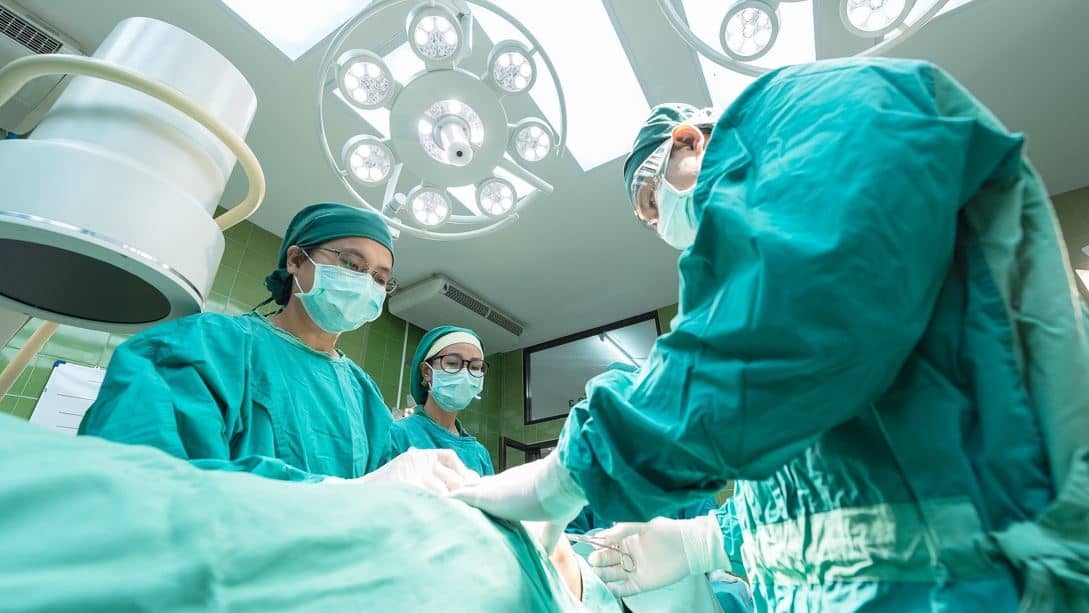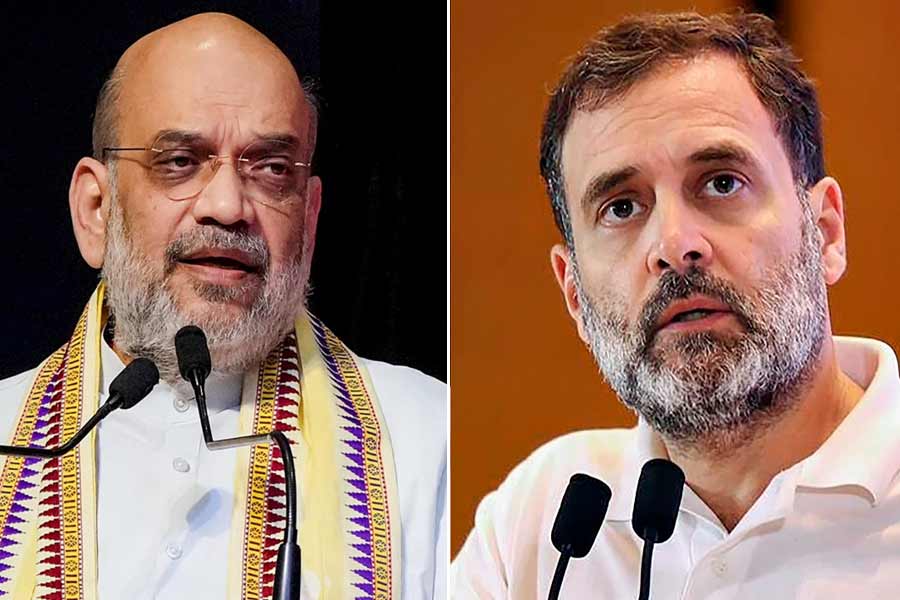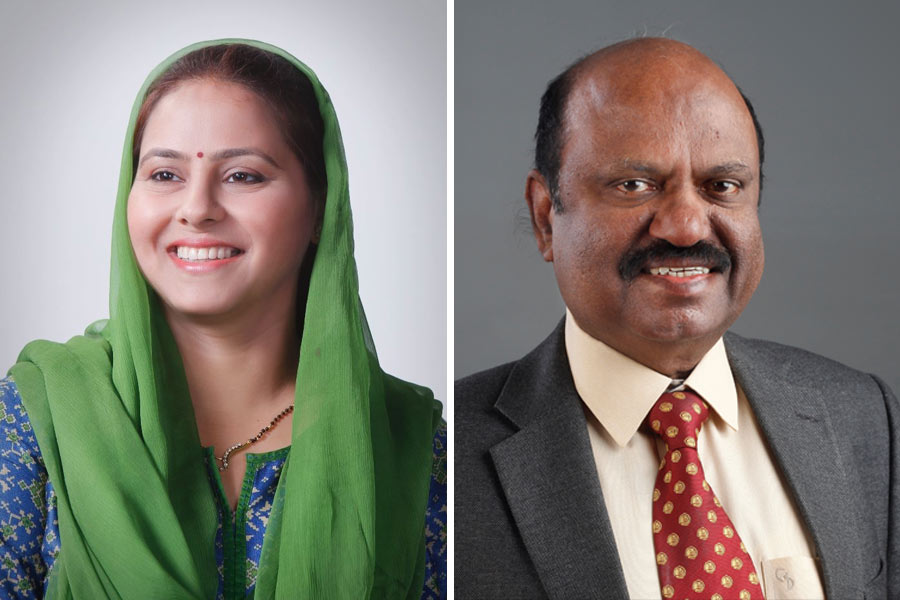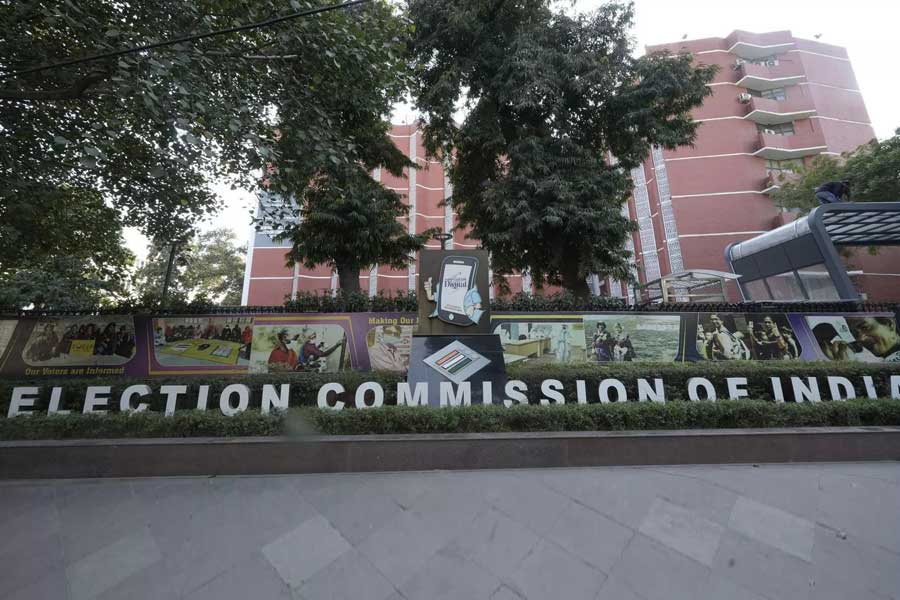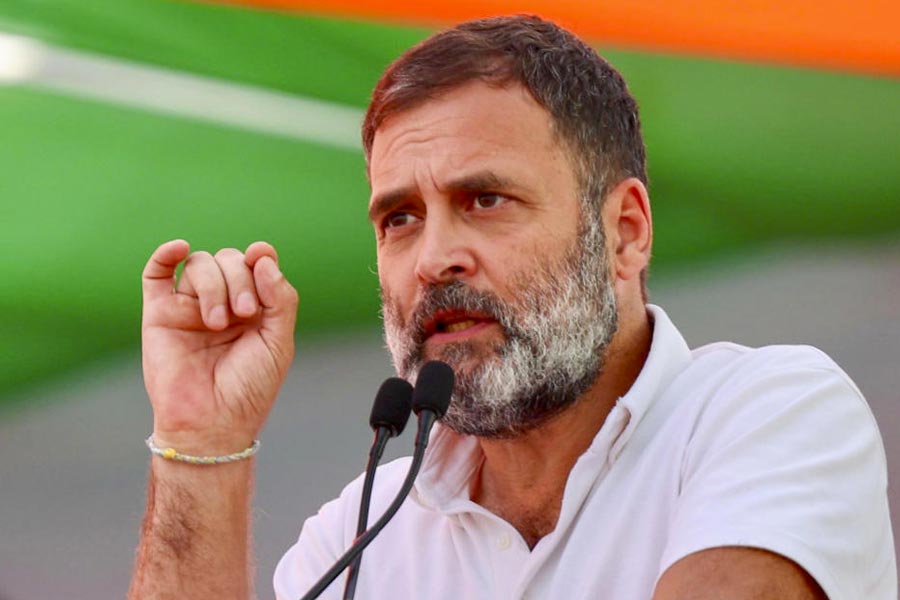Thousands of patients across India suffer from liver diseases — be it liver cirrhosis or liver failure. Very often, they reach a stage where the only form of cure and the only hope is liver transplantation. The good news is that India has become a global hub for liver transplantation, believes Dr Ramdip Ray, head of the division of Liver Transplant and Hepato-Pancreato-Biliary (HPB) Surgery at the Institute of Gastrosciences and Liver Transplantation at Apollo Multispeciality Hospitals, Kolkata. Patients from at least 25 to 30 countries across the world routinely come to India for liver transplantation.
This procedure can take the form of a living donor or a living-related liver transplantation and deceased or dead donor liver transplantation, explained Dr Ray. The former involves a family member such as husband, wife, father, mother, son, daughter, or a very close relative like a first cousin, coming forward and donating a part of their liver to the person in need.
“[…] even if 60 to 70% of the liver is donated, the remaining 30 to 40% grows back to almost normal size within a few weeks, making liver transplantation from living donors a very safe and reasonable form of treatment for liver diseases. India is quite the hub for living donor liver transplantation,” said Dr Ray.
While deceased or dead donor liver transplantations are happening in the country through organ donations and transplants, the number is few and negligible in comparison with the number of organ failure patients. Dr Ray said, “People who have suffered traffic accidents, head injuries or a stroke, leading to bleeding inside the brain, may progress to brain death and be in an ICU on a ventilator, completely brain dead. In such a situation, where the heart is still beating, the liver, the kidneys, the lungs are still getting blood and are healthy… Family members need to understand that these organs are going to be of no use being buried or cremated along with the dead relative. So, please think about organ donation.”
“India now has liver transplant programmes in all the major cities. In eastern India and northeast India, Kolkata has become the hub for liver transplantation and the number of liver transplants is increasing. But there needs to be greater awareness. There needs to be the understanding that liver disease and liver failure can be cured with a liver transplant. There’s no point suffering from repeated admissions for bleeding, for jaundice, for water in your stomach, which is called ascites… This is a form of treatment which should be availed of by more people.”
Dr Mahesh Goenka, Director of Gastroenterology at Apollo Multispeciality Hospital, Kolkata, concurs. He pointed out that for every liver transplant happening within the country, there are almost 100 patients who are not getting a liver transplant despite needing one.
“In our country, 90% of transplants are live related and only about 10% are from cadavers. For any programme of liver transplant to succeed, we need to have more cadaver liver transplants and less of live-related transplants. And for this, we need initiation from the patient’s relatives who unfortunately lose their loved ones because of diseases like brain haemorrhage or roadside accidents… It is my appeal to the public to come forward and participate in this very noble cause of liver transplantation. It can save a lot of lives,” said Dr Goenka.
Liver disease is common in our country. As an estimate, about 5% of the country’s population is suffering from Hepatitis B and Hepatitis C, while about 10 to 20% is suffering from fatty liver disease. Dr Goenka said, “In addition, we have liver disease because of alcohol, drugs and certain metabolic disorders… While a majority of these can be controlled and cured by medical treatment itself, a small but significant proportion of patients do not respond to usual medical treatment and require liver transplantation.”
The article has been created in association with Apollo Multispeciality Hospital, Kolkata

